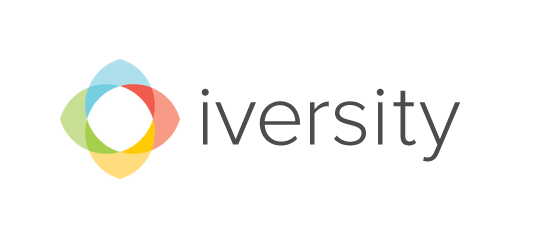

Unit 2, Lecture 4 - Trade and Development in Africa
Instances where Europe will negotiate with Africa as a block, but African countries will negotiate with Europe as single countries. This leads to many different negotiations taking place and as a result African countries try to out beat each other by lowering labor standards.
African economies remain unreformed with poor diversification. Mostly dependent on the exploitation of raw materials. Relevant sectors are not linked together to provide local suppliers and producers with potential opportunities.
African trade union ideas of how to transform African economies:
- where value addition is added to our mineral resources or natural resources before they are exported in raw form
- only allow opening a market where those kinds of goods cannot be produced in Africa
- reform of tax regimes (tax loopholes that cause resources to flow out of the country with the TNCs)
Africa has natural resources that GSCs need to survive.
- cotton in raw form
- cocoa (child labor)
- mncs are responsible for understanding how their raw materials are source
Africa usually only plays role in the production site and consumption site. Value added is elsewhere. Creation of employment takes place on another continent. Large gap between those 2 sites.
South-South alliances are attempting to create alternative strategic economic bases and frameworks of co-operation for themselves against / outside the current ‘single’, ‘integrated’ global economic system.
The globalization of capitalism has penetrated every country and sector by:
Direct operation of economic market forces, the political exertion of economic force, the application of political measures and the utilization of technological and ideological instruments and military means
Government are now using international institutions to provide cover for more insidious forms of control
De facto ‘global government’ = un-public organizations and unpublicized political, and not only economic, strategies of major TNCs and through a multiplicity of inter-linked int’l business organizations and institutions
The new system of global government is based mainly in the complex of International Finance Institutions (IMF, World Bank and WTO) amongst others.
Early 1980s international finance institutions were instruments for gov’ts of highly industrialized economies to compel countries to restructure and reorient their economies towards the ‘benefits’ of int’l trade and int’l investment and capital flows – through IMF ‘macro-economic stabilization’ programs and accompanying World Bank ‘structural adjustment programs.’ They were required to open up their markets to producers, exporters and investors from countries of the North. The sweeping liberalization and privatization programs of the IMF and WB were only really feasible with highly indebted gov’ts that came under this control (mainly Latin America and Africa).
Newly industrialized countries (NICs) – moving away from inward industrialization to export-orientated strategies were particularly dependent on trade access, especially access to the large consumer markets of the richest countries. Gov’ts of the rich North provided improved ‘trade access’ to their markets to serve as an instrument to force all such economies to ‘reciprocate’ by opening up their markets in turn.
International trade is an economic outlet for the excess production and accumulated capital of the most highly industrialized countries while also being a powerful instrument to serve political and military aims.
General Agreement on Tariffs and Trade (GATT) – provided a ‘multilateral’ platform for the narrower / literal aims of trade but for also broader more strategic utilization of trade.
Uruguay Round of GATT (1986-1994) – expanded in depth and scope … promoted wider and faster trade liberalization, new multilateral ‘trade-related’ agreements (i.e. promoting the rights of int’l investors through trade related investment measures agreement [TRIMs] and promoting corporate ‘intellectual property rights’ through trade related aspects of intellectual property rights [TRIPs]).
The Uruguay Round also set up the WTO In 1995 in Geneva for the monitoring, supervision and enforcement of such trade and trade-related agreements throughout the world.
The US and EU gov’ts (‘the majors’) evaded the extensive and rapid liberalization terms they were imposing on other countries through the WTO / IMF / WB. They had inserted target exceptions and exemptions for themselves – allowing them to maintain various protective terms and protectionist devices within their own economies.
